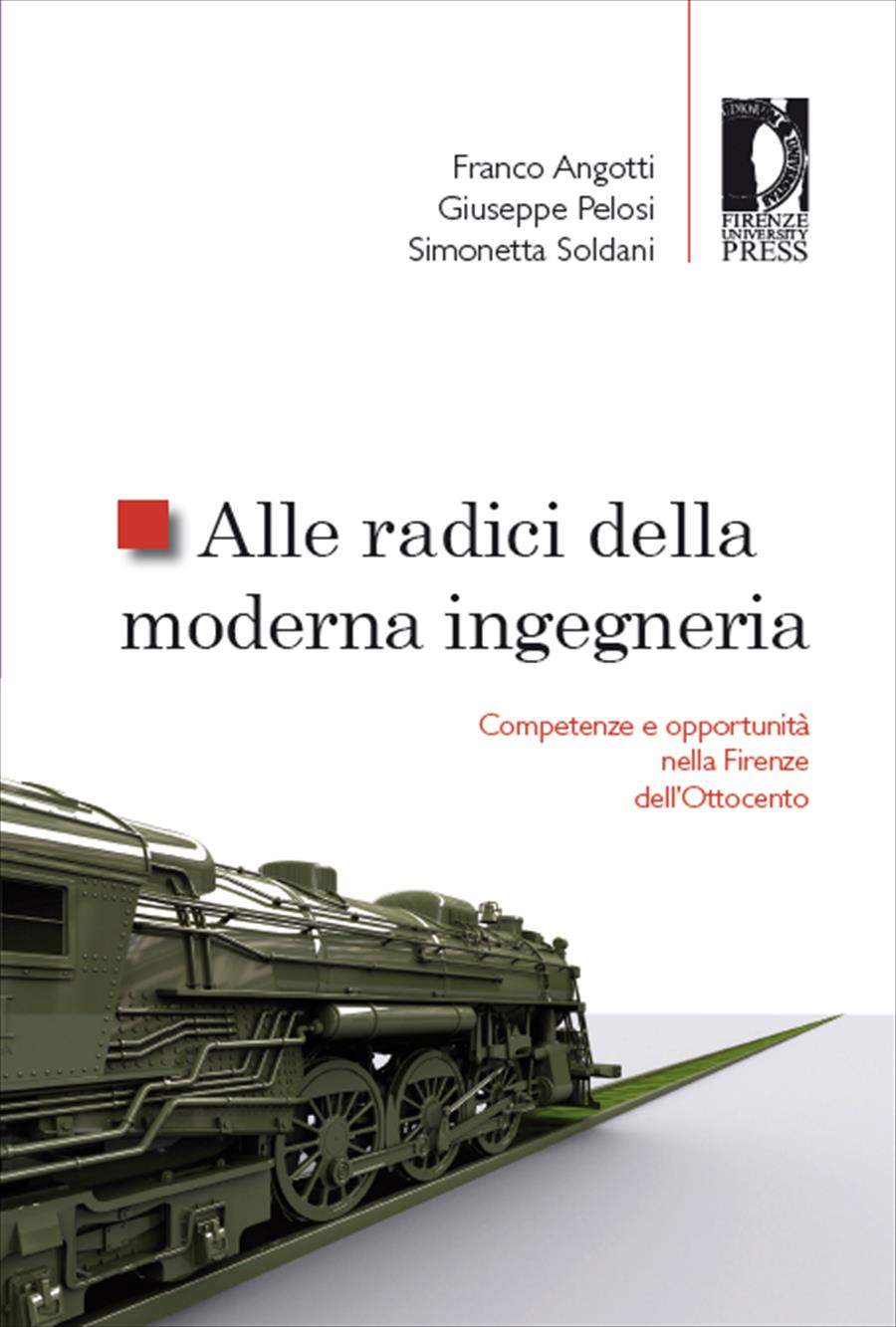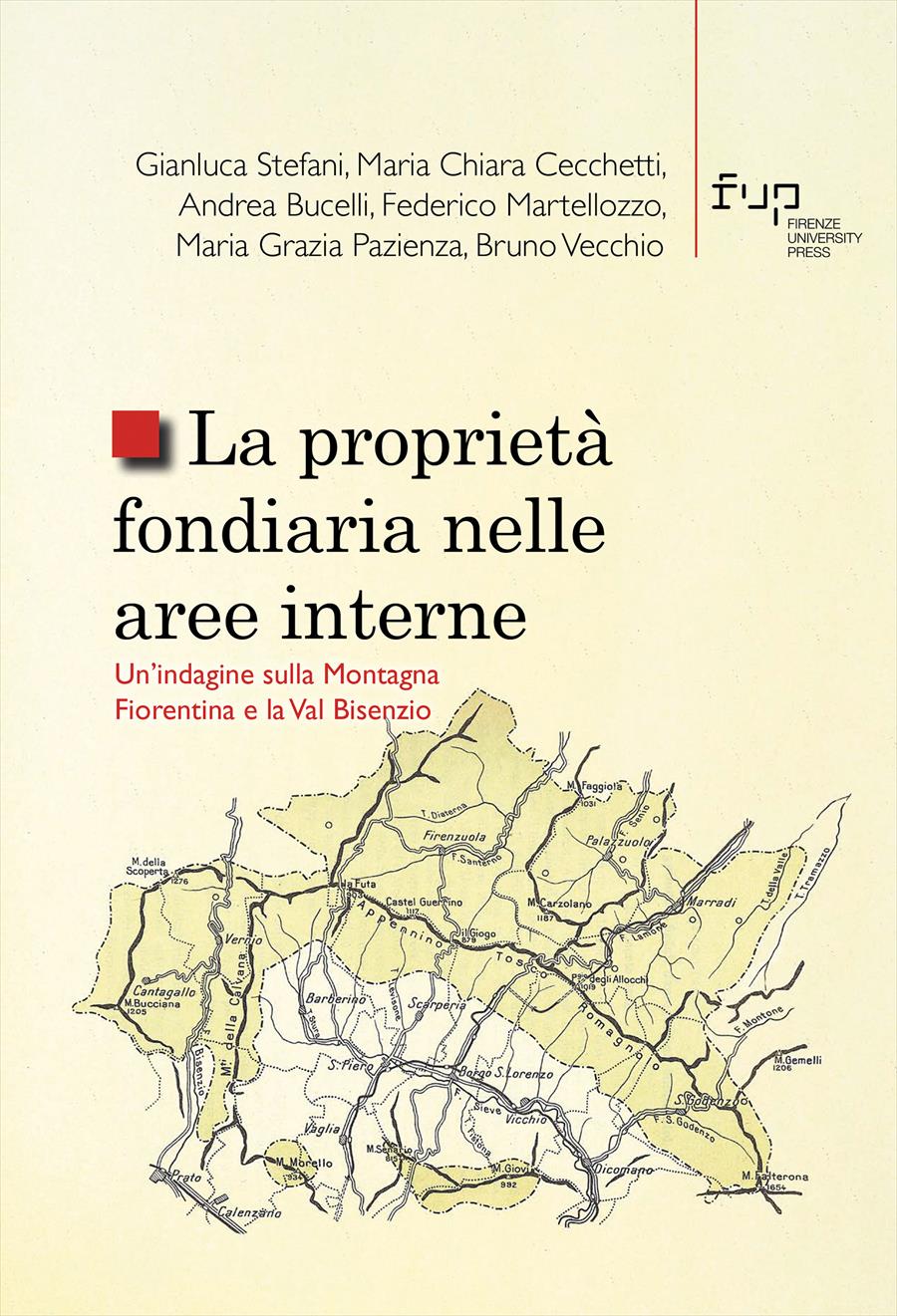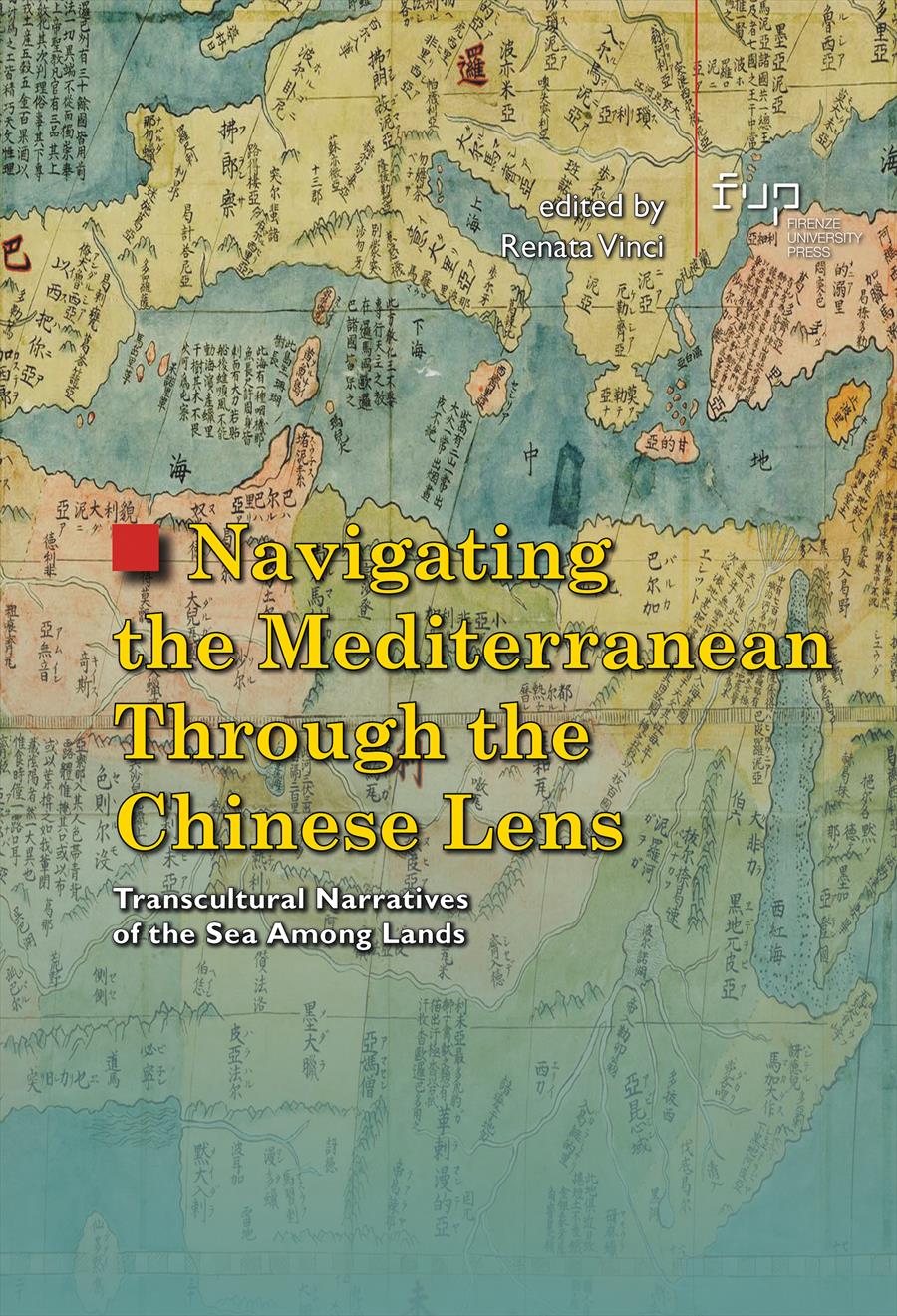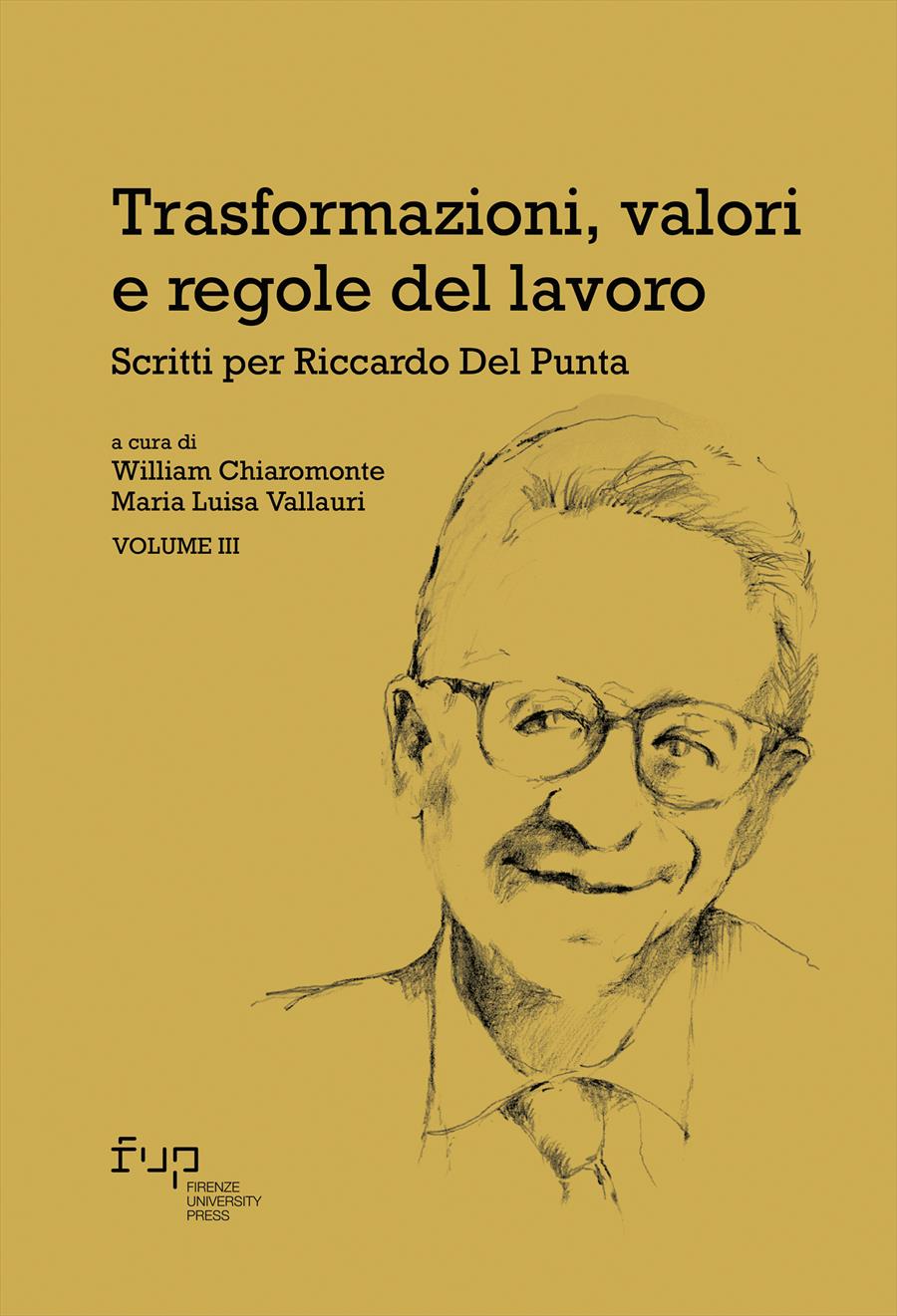Alle radici della moderna ingegneria
Competenze e opportunità nella Firenze dell'Ottocento
- Edited by:
- Franco Angotti,
- Giuseppe Pelosi,
- Simonetta Soldani,
The subject around which the contributions in this volume gravitate is the creation of a higher institute of engineering studies in Florence in the late nineteenth-century. On the eve of the unification of Italy, Florence was a promising centre for a Polytechnic, in view of the experience of the Corpo di Ingegneri di Acque e Strade, the precocious railway building, the importance of the mining sector and the solidity of the Istituto Tecnico Toscano. Despite this, unlike what took place in Milan and in Turin, the Istituto Tecnico Toscano was not transformed into a Polytechnic for the training of engineers. The reasons for this non-development can be traced to the lack of "industrialist" propensities in the managerial group that emerged victorious from the "peaceful revolution" of 1859, to a desire for independence from the national academic system built on the Casati law, and to a local demand for engineering skills that was less dynamic than expected. Consequently, the prevailing winds were those of "normalisation" blowing from the government, the universities and the most prestigious Colleges of Engineers. Nevertheless, Florence continued to represent an important technological centre, especially in relation to railway infrastructures, public works, and the mechanical engineering industries (for example Pignone and Galileo). In the end it was not until one hundred years after unification that the city finally became the seat of a Faculty of Engineering.
- DOI: 10.36253/978-88-6453-142-7
- Series: Studi e saggi
- Scientific Board: Consiglio Editoriale FUP 2010-2016
- Language: Italian
- Subjects: Electronics Engineering
University of Florence, Italy
University of Florence, Italy - ORCID: 0000-0002-6826-0955
University of Florence, Italy
Franco Angotti is professor of construction science in the Faculty of Engineering of the University of Florence. As Dean of the Faculty of Engineering he was among the promoters of the "National Committee for the celebrations of the bicentenary of the birth of Antonio Meucci", of which he is currently Chairman.
Giuseppe Pelosi is a professor in the Faculty of Engineering of the University of Florence and, for around twenty years, has been engaged in divulging the history of telecommunications. He is currently secretary/treasurer of the "National Committee for the celebrations of the bicentenary of the birth of Antonio Meucci".
Simonetta Soldani is professor of contemporary history at the University of Florence and serves on the editorial board of the magazine «Passato e presente». Her most recent works include La formazione di un "artigiano della scienza" nella Firenze granducale, in Franco Angotti, Giuseppe Pelosi (editors), Antonio Meucci e la città di Firenze. Tra scienza, tecnica e ingegneria, FUP, 2009.
- Publication Year: 2010
- Pages: 160
- eISBN: 978-88-6453-142-7
- Content License: CC BY 4.0
- © 2010 Author(s)
- Publication Year: 2010
- Pages: 160
- ISBN: 978-88-6453-138-0
- Content License: CC BY 4.0
- © 2010 Author(s)
Bibliographic Information
Book Title
Alle radici della moderna ingegneria
Book Subtitle
Competenze e opportunità nella Firenze dell'Ottocento
Editors
Franco Angotti, Giuseppe Pelosi, Simonetta Soldani
Peer Reviewed
Number of Pages
160
Publication Year
2010
Copyright Information
© 2010 Author(s)
Content License
Metadata License
Publisher Name
Firenze University Press
DOI
10.36253/978-88-6453-142-7
ISBN Print
978-88-6453-138-0
eISBN (pdf)
978-88-6453-142-7
eISBN (xml)
978-88-5518-898-2
Series Title
Studi e saggi
Series ISSN
2704-6478
Series E-ISSN
2704-5919
News and Events
Giornata di Marconi 2012
- 25/04/2012 |
- Via Celestini, 1 40037 Pontecchio Marconi (Bo) www.fgm.it
Presentazione del volume Alle radici della moderna ingeneria di Franco Angotti, Giuseppe Pelosi e Simonetta Soldani.
- 26/02/2011 |
- Libreria de' Servi in via de' Servi 52r a Firenze






